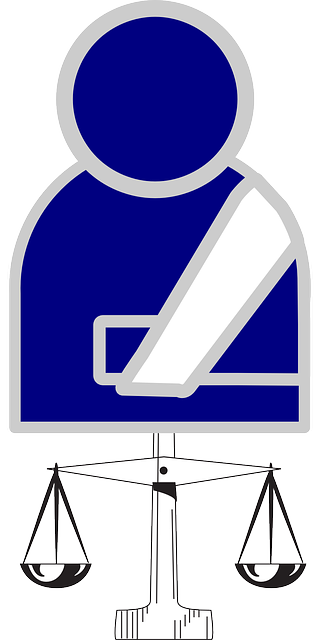Personal injury compensation principles aim to fairly redress harm caused by another party's actions, focusing on severity of injuries (physical & psychological) and economic burdens like medical costs and lost wages. Key damages include tangible expenses, pain and suffering, and punitive damages in cases of heightened negligence. Evaluating these requires thorough record review and expert consultation to ensure accurate, case-specific compensation reflecting the harm suffered.
Personal injury claims can be complex, but understanding how to calculate compensation amounts is essential. This guide breaks down the key principles of personal injury compensation, focusing on medical expenses, lost wages, and pain and suffering. By delving into these areas, you’ll gain insights into evaluating damages fairly and ensuring a just settlement or verdict in your favor.
- Understanding Personal Injury Compensation Principles
- Evaluating Damages: Medical Expenses and Lost Wages
- Determining Pain and Suffering Awards Fairly
Understanding Personal Injury Compensation Principles

Personal injury compensation principles are designed to provide fair and just reparation for individuals who have suffered harm due to another party’s negligence or intentional acts. When calculating compensation amounts, several factors come into play. Firstly, the severity of the injuries plays a significant role; more severe injuries often result in higher damages. This includes both physical and psychological trauma, with expert medical opinions being crucial in determining their impact on an individual’s quality of life.
Additionally, the economic burden associated with the injury is considered. This encompasses medical expenses, rehabilitation costs, lost wages, and potential future earnings. In cases like nursing home neglect or medical malpractice, where vulnerable individuals are harmed, compensation may also include punitive damages to deter similar instances and account for the heightened level of negligence involved. Slip-and-fall incidents, for example, might lead to claims for pain and suffering, as well as reimbursement for related expenses.
Evaluating Damages: Medical Expenses and Lost Wages

Evaluating damages is a crucial step in determining the appropriate personal injury compensation amount. When it comes to medical expenses and lost wages, these are often the most tangible and easily quantifiable components of an injured person’s recovery. Medical bills include not just immediate treatment costs but also ongoing care, physical therapy, and rehabilitation expenses. A thorough review of medical records and consultation with healthcare professionals help establish a realistic figure for these damages.
Lost wages refer to income that the injured party would have earned if they were able to continue working as they did before the accident or incident. This includes both short-term and long-term losses, depending on the nature and duration of their disability. An auto accident lawyer or nursing home abuse attorney may assist in gathering employment records and financial statements to accurately calculate these losses. By combining medical expenses and lost wages, a more comprehensive picture emerges of the total compensation needed to fairly redress the harm suffered.
Determining Pain and Suffering Awards Fairly

Determining pain and suffering awards in personal injury cases is a delicate process that requires careful consideration of numerous factors. The goal is to ensure fair compensation for the physical, emotional, and psychological distress experienced by the victim. Key elements in this evaluation include the severity and duration of injuries, the impact on daily life, and the overall quality of life affected. Medical records, expert testimony, and detailed accounts from the victim play significant roles in quantifying pain and suffering.
In cases involving wrongful death claims, caregiver abuse, or medical negligence, determining fair compensation can be even more complex. Courts often consider factors such as economic loss (lost wages, medical expenses), non-economic damages (pain and suffering, loss of quality of life), and punitive damages where malice or recklessness is proven. The specific circumstances of each case guide the decision, ensuring that personal injury compensation accurately reflects the extent of harm suffered.
Calculating personal injury compensation is a complex process that requires understanding various principles and evaluating multiple factors. By comprehending the fundamentals, assessing medical expenses and lost wages accurately, and objectively measuring pain and suffering, individuals can navigate this intricate landscape. These steps ensure that personal injury victims receive fair and adequate compensation for their harms, fostering a just and equitable system.






